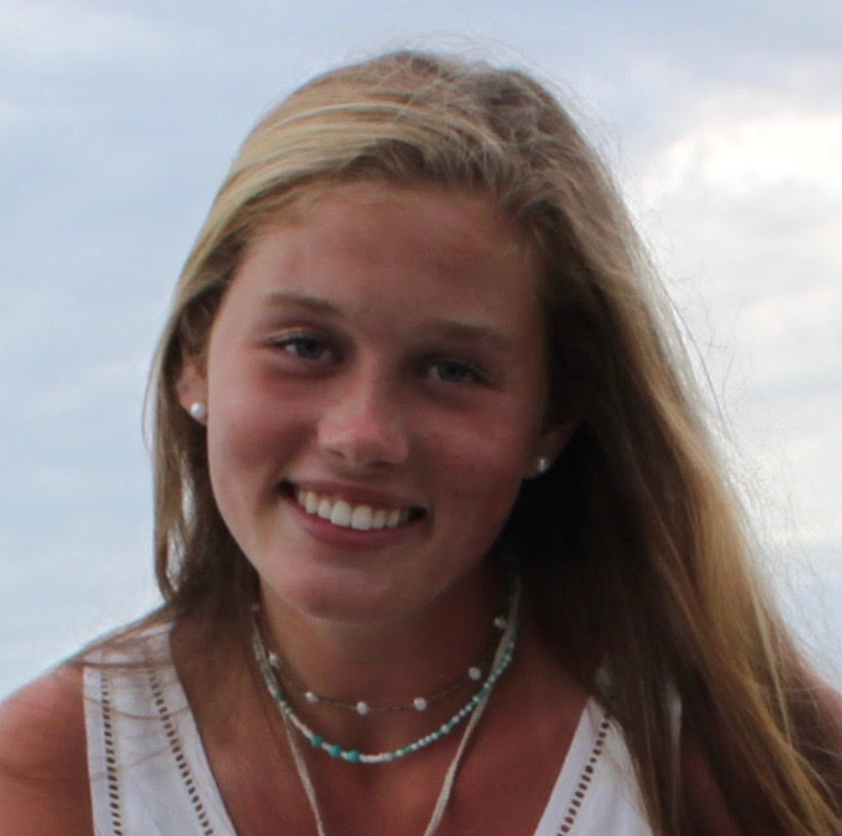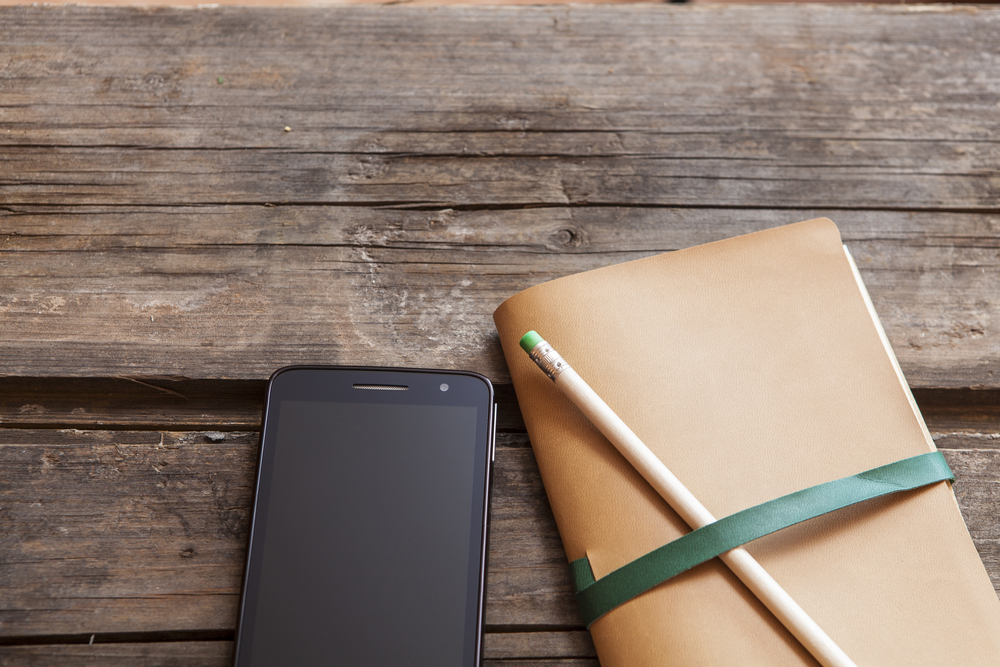Fighter planes tore across the sky, raising the hair on my neck. I froze, paralyzed with fear. One woman paced around the ER, clutching her fevered newborn. She looked at me and said, “These sounds are the reason we left our home in Syria.” I knew the jets were from a nearby Jordanian training base, but at that moment I recognized the terror that accompanied their roar.
In March, I travelled with my family to spend a week at Za’atari Refugee Camp in Jordan, just 11 miles from the Syrian border, and home to 80,000 Syrian refugees. But that short trip didn’t satisfy my curiosity about the crisis, a seed planted in my International Relations class and news briefings from my dad on the ride to school each morning. So I went back this summer by myself and stayed with a Jordanian UNICEF worker for three weeks in pursuit of more nuanced understanding of the crisis, an opportunity to help in some modest way, and an experience different from my other summers exploring medicine. I expected my questions to grow into straightforward answers. Instead, they sprouted into more complicated questions.
Before I went, I did my homework I consumed articles on the Syrian Civil War and attempted to understand the dizzying web of interconnected and conflicting alliances. I researched refugee education and healthcare through UNICEF reports. I reached out to Chris Temple, director ofSalam Neighbor, a documentary filmed in Za’atari, to discuss the experience ahead.
And still, I was clueless.
From my research, I assumed the largest obstacle to refugee education was lack of resources and teachers. But in Za’atari, I found if a kid showed up to school, they were given a desk and materials. Instead, early marriage and child labor were the primary barriers to youth education, harder problems to address. I wondered how to combat early marriage and child labor, given I don’t fully understand non-western perspectives influencing these issues.
The media paints refugees as helpless, but I discovered a city of entrepreneurs, who created an entire street of shops and businesses, nicknamed Champs-Elysees, after the famous Parisian avenue. From nothing, the refugees mobilized and created bike repair shops, hole-in-the-wall falafel stands, and used toy stores. I wondered how the media’s misrepresentation of refugees affects a host community’s acceptance of them?
I was critical of the US for not accepting more refugees when Syrians had increased Jordan’s population by ten percent. I still am critical. But now I better understand complexities of refugee resettlement. Protests against refugees in Amman almost cancelled my trip. And local Jordanians shared that accepting refugees comes at the expense of Jordanian jobs and taxes. I pondered how far moral obligations to receive refugees extend, and who decides.
I expected to feel comfortable in Za’atari’s clinic, given my experience in hospitals at home. But when an addict refused to leave without pain medication, and a man with an abnormal EKG was sent home because there was no cardiologist, I realized patient care and resources there looked like nothing I had seen before. I reflected on how economic, social and political factors complicate medical care and demand its innovation.
I asked questions of myself, too I found joy in my relationships with such incredible people. How can I make these bonds in the future, perhaps through medicine? What are the gaps in my understanding of the crisis? And lastly, what can I, a 17-year-old, do to help?
I came home from Za’atari humbled. I now had more questions and fewer answers. My understanding of the refugee crisis did grow, but not into the tall, straight redwood I expected. My preconceptions were uprooted, and in their place grew a gnarled, sprawling banyan tree with roots stretching down and out in every direction. And like that banyan tree, I, too, will dig far and deep into the soil for complex questions to nourish my growth.


